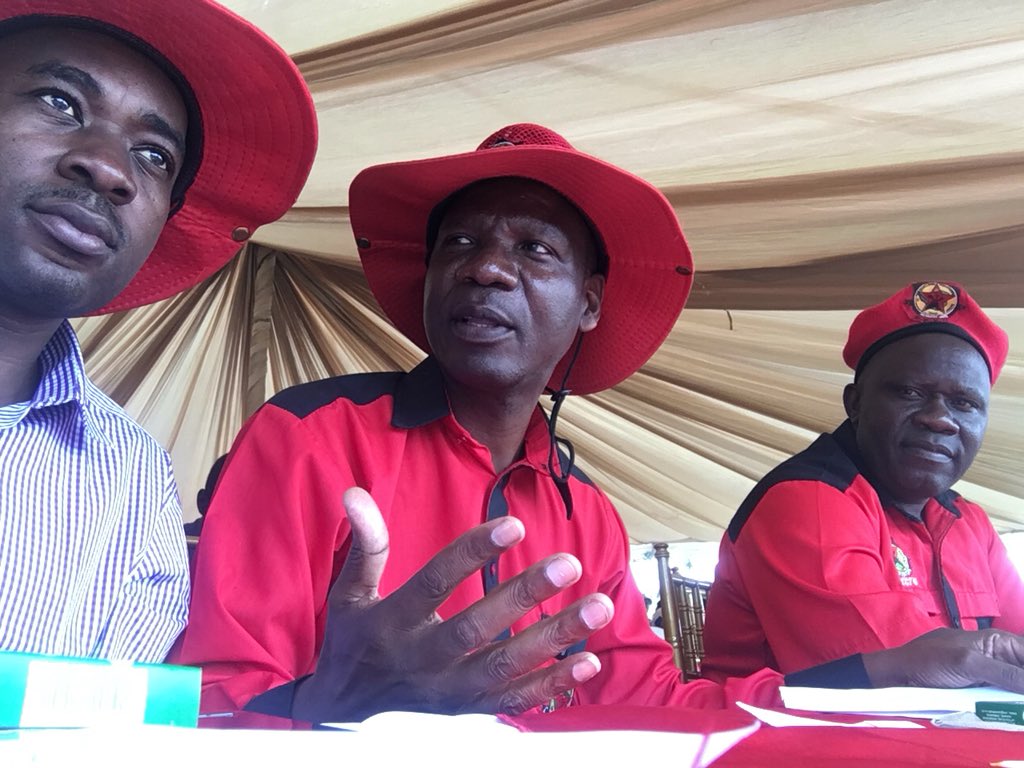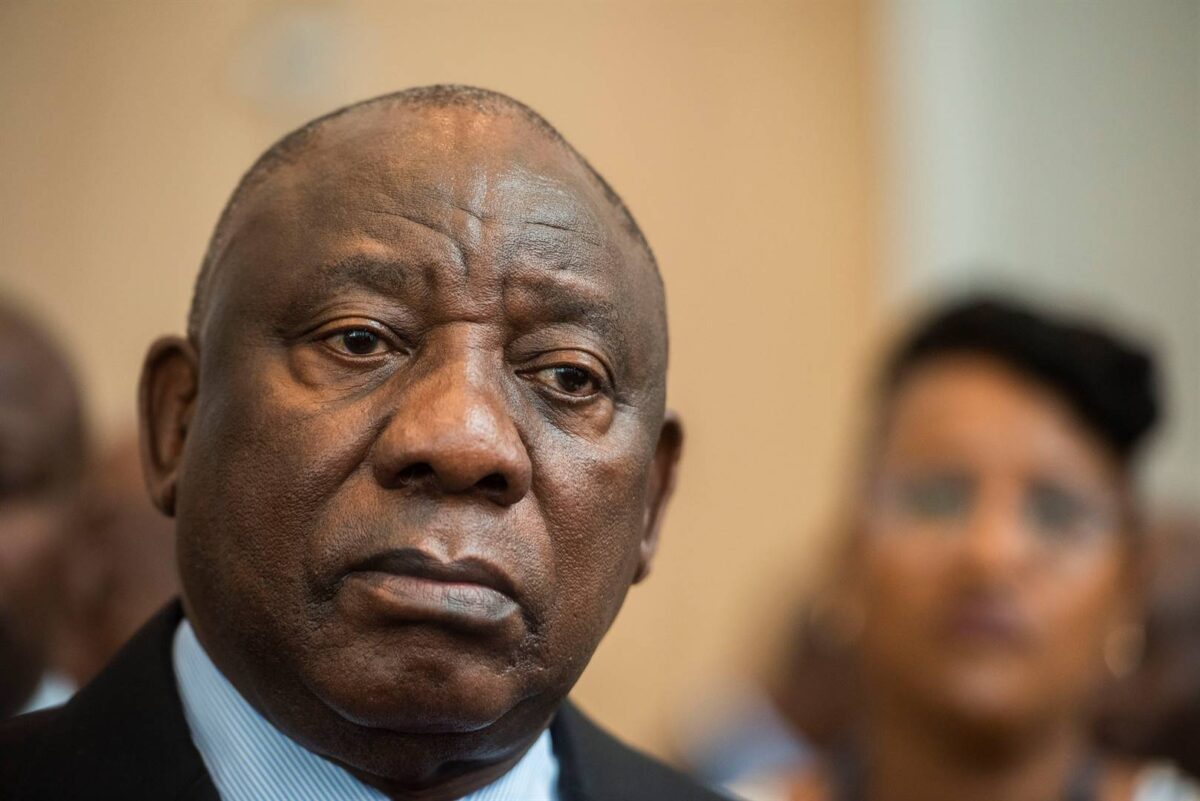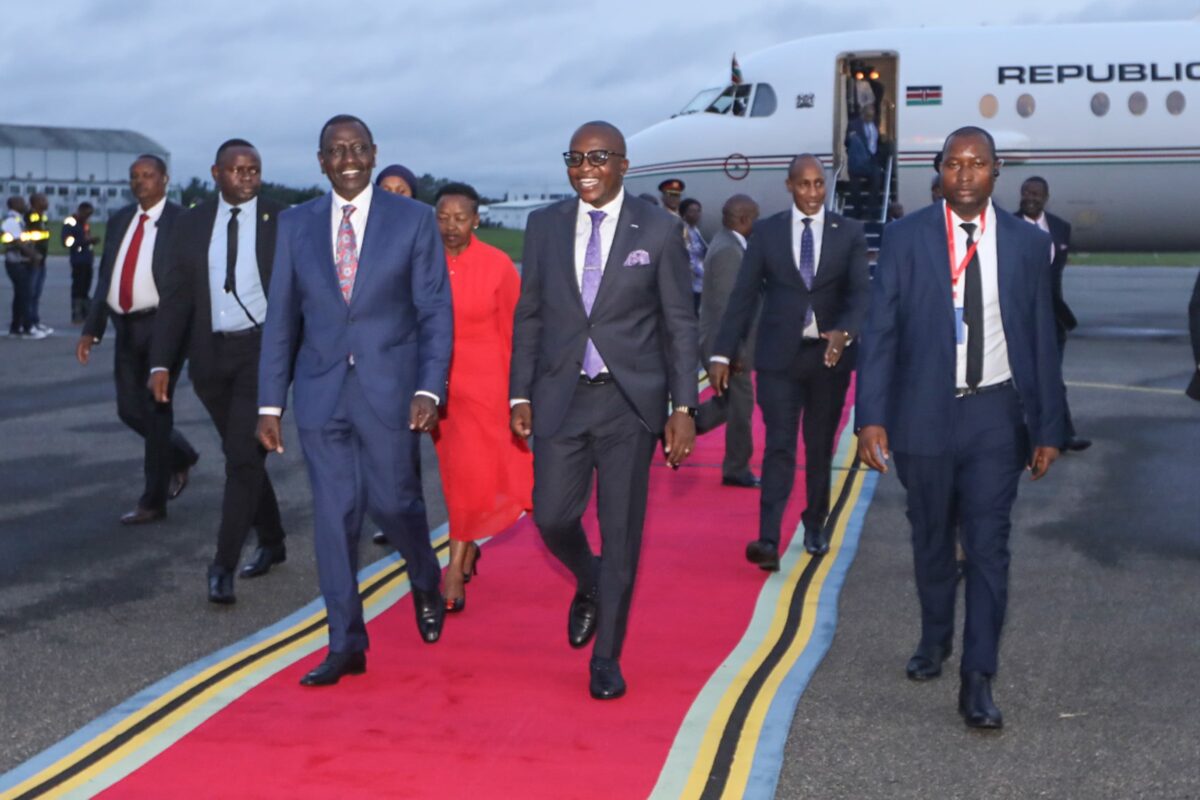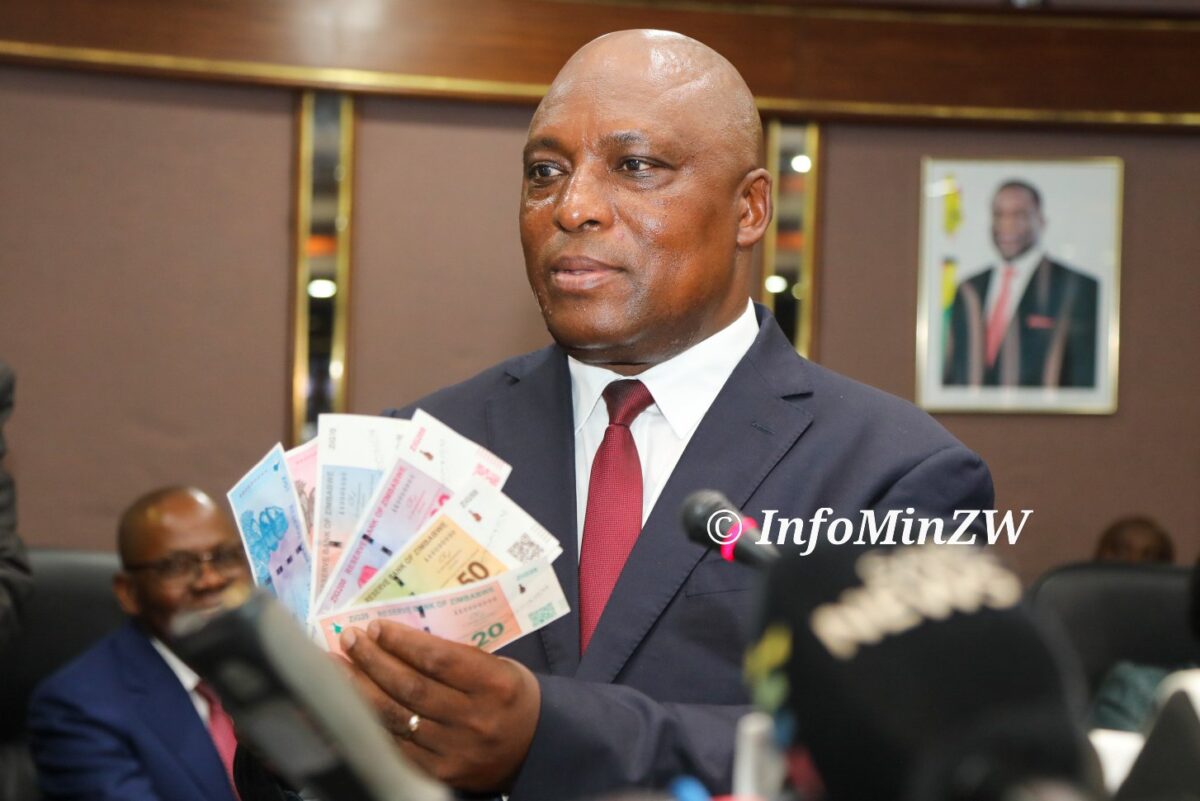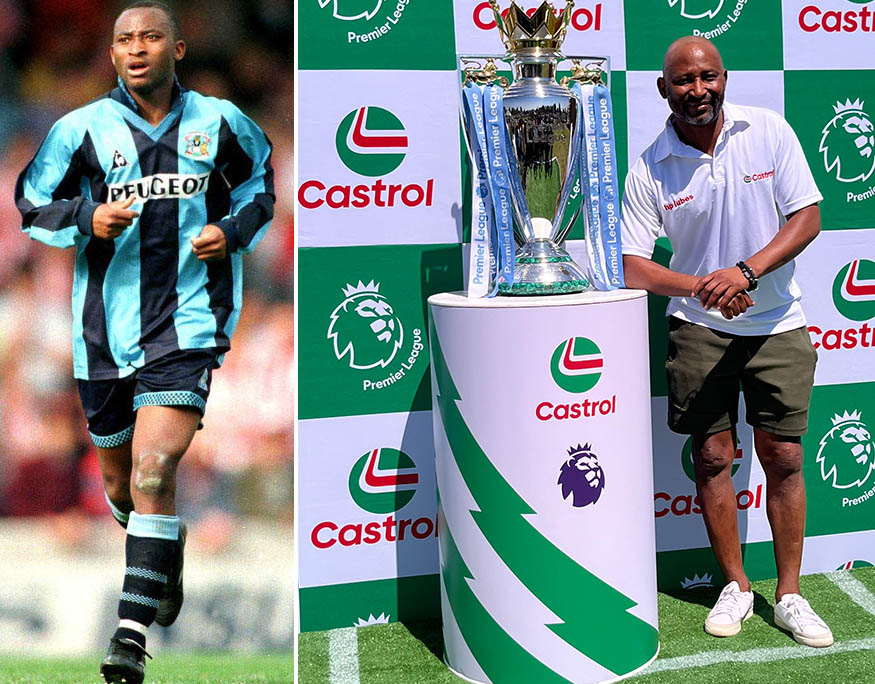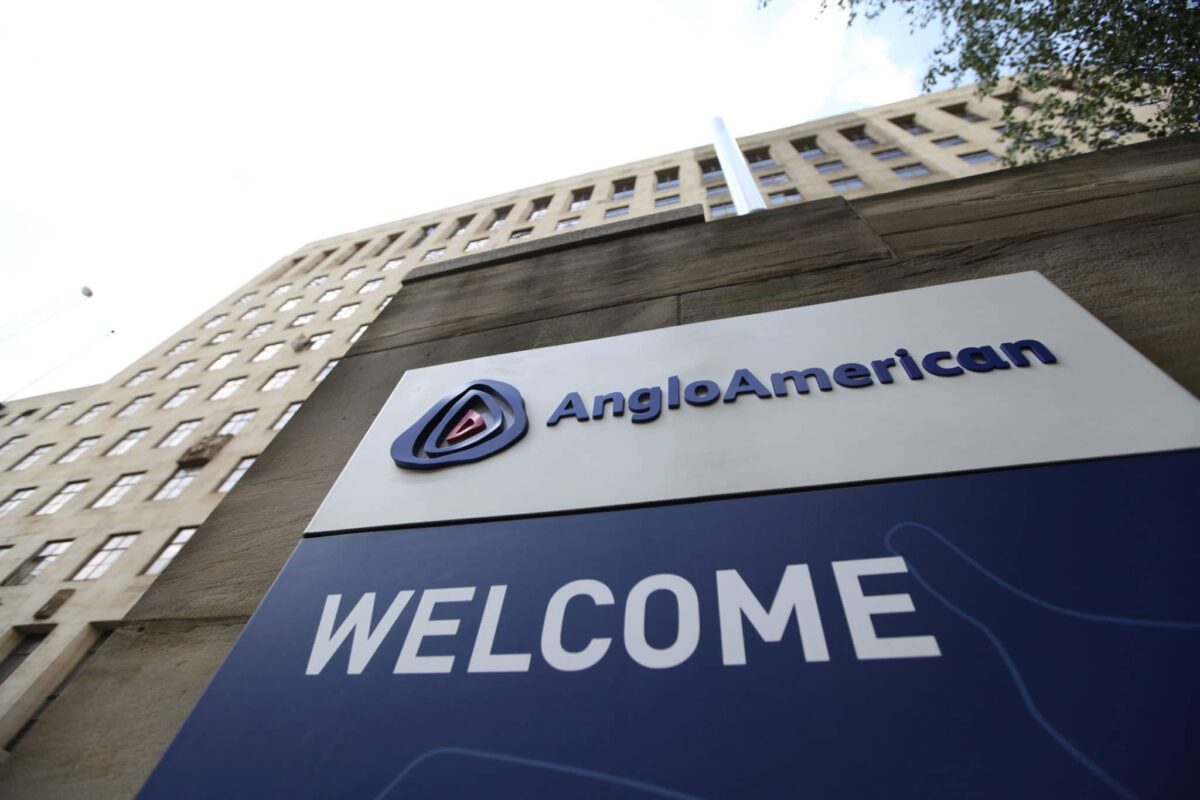HARARE – Police arrested Zimbabwe Congress of Trade Unions (ZCTU) secretary general Japhet Moyo on Monday and charged him with subversion.
Moyo was seized at the Robert Gabriel Mugabe International Airport as he returned from China, exactly a week after the ZCTU called for a stay-at-home strike to protest a “provocative” 150 percent fuel price increase.
He faced charges of plotting to overthrow the government, his lawyer said, while the organisation’s president Peter Mutasa was in hiding.
The Movement for Democratic Change also said Rusty Markham, the Harare North MP had been arrested, allegedly for inciting protests, but police were forced to release him after he proved that he was out of the country at the time of the protests.
Police say three people died during the unrest, but lawyers and human rights groups point to evidence suggesting at least a dozen were killed, while scores were treated for gunshot wounds and hundreds have been held on public order charges.
They include five MDC MPs as well as pastor Evan Mawarire, a rights activist held on subversion charges for urging support for the union strike.
His application for bail will be heard on Wednesday, his lawyer said.
Jacob Mafume, the MDC spokesman, said several of the party’s leaders were also in hiding, and accused Mnangagwa of seeking to “dismantle” the party.
Mnangagwa’s spokesman George Charamba said on Sunday that the crackdown was a foretaste of how authorities would respond to future unrest.
Tendai Biti, the MDC deputy chairman, said Mnangagwa – who was returning to the country on Monday after eight days away – should take full responsibility for the human rights abuses that had been committed by security forces.
“The buck falls on Emmerson Mnangagwa. He created this chaos by announcing irrational fuel price increases. Constitutionally, he is the only one who deploys the army. He is therefore responsible for the killings. He has become a huge liability and security risk. He needs to resign,” Biti said on Twitter.
With high inflation and a shortage of cash in circulation eating into ordinary Zimbabweans’ spending power, the fragile state of Zimbabwe’s economy was also in focus on Monday.
The main teachers union, ZIMTA, said after a weekend meeting that its members remained “incapacitated” until the government made a meaningful adjustment to their salaries.
As many businesses, including banks, shops and government offices re-opened in Harare on Monday, the government introduced subsidies for bus travel after public taxis increased prices in response to the fuel price hike.
